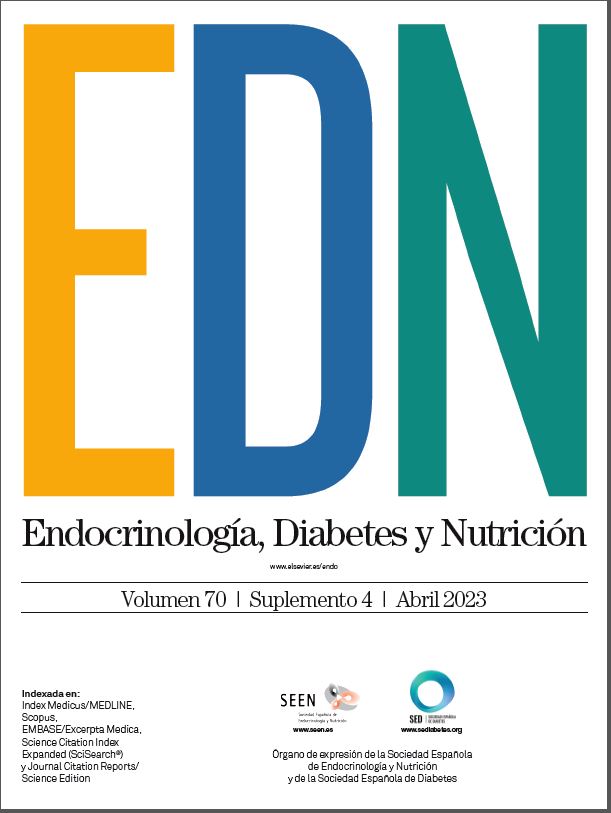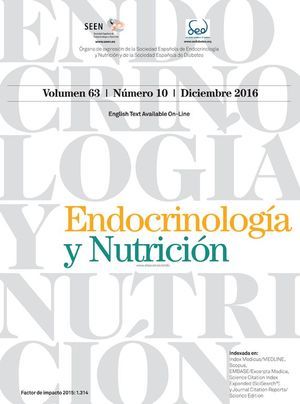P-115 - IN VITRO AND IN VIVO VALIDATION AND PHENOTYPING OF CANDIDATE GENES UNCOUPLING HUMAN ADIPOSITY FROM COMORBIDITIES
aLaboratory of Obesity, Diabetes and Comorbidities, CIPF Centro de InvestigaciÓn PrÍncipe Felipe, Valencia, Spain. bMetabolic Research Laboratories, Institute of Metabolic Science, Addenbrooke's Hospital, University of Cambridge, Cambridge, UK.
Obesity is a significant risk factor for metabolic and cardiovascular complications, such as type 2 diabetes, dyslipidaemia and hypertension. While most research aims to understand why obese people develop comorbidities, our lab will investigate the opposite paradigm, why some obese people are resilient and do not develop comorbidities. Understanding all the molecular layers that explain how to uncouple excess adiposity from the development of metabolic complications is fundamental to keeping obese people healthy. To elucidate the biology underlying these paradoxical phenotypes, our research group and collaborators, previously performed a GWAS to identify novel genes that predispose to obesity but paradoxically have protective effects on the cardiometabolic health. Of these genes, we prioritised: PEPD, SSPN, PLA2G6, CPEB4, EVI5. In this study, we will characterise the function of these genes using human induced pluripotent stem cell (hiPSC) and xenotransplantation studies. As a first approach we have performed a gene expression profiling using public databases through the public functional genomics data repository Gene Expression Omnibus. We have also developed a protocol to obtain human white adipocytes (WAs) from human pluripotent stem cells, mimicking the developmental path of human WAs lineage. An RNA-seq was performed on our differentiation model at the different stages of differentiation and we validated the expression profile of our five candidate genes in it. We are currently designing several experiments to further study the role of the five genes of interest in white adipose tissue expansion under physiological and pathophysiological conditions. We plan to combine the information from different murine and human WAs differentiation models to gain insight of the importance of the alteration of our candidate genes in WAT healthy expansion. To start with, we are using a CRISPR-Cas9 knockdown approach in the murine white pre-adipocyte 3T3L1 cell line to study the effect of silencing these genes on differentiation into mature adipocytes, as well as the effect of their overexpression. We will then perform transcriptome analysis of those WAs models and complement it by other omics, following the nature of the gene function. In conclusion, this study will provide critical insights to disentangle how to uncouple the adipose tissue's expansion from metabolic complication development.







